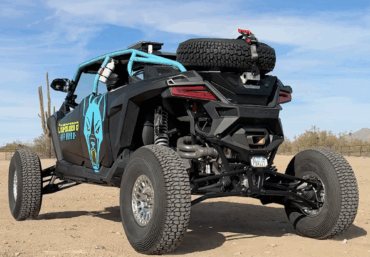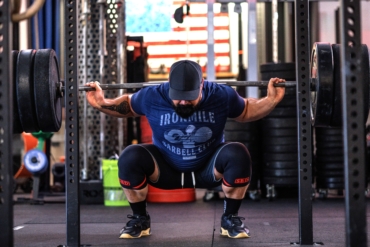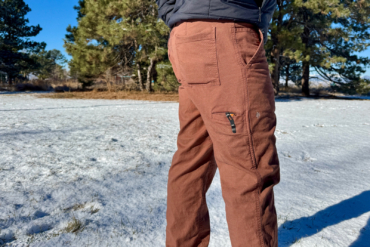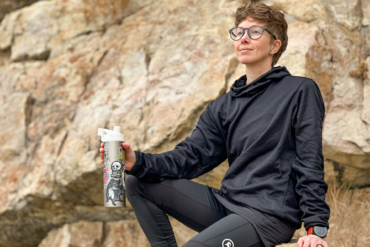REI is making a greater effort to work internally, with its partner brands, and with its consumers to better its sustainability goals.
Today, REI announced new Product Impact Standards that include an outline of new expectations for how its more than 1,000 brand partners “fight climate change and advance equity in the industry.”
Introduced in 2018, REI’s standards were a first-of-its-kind for the retail industry. With this update to its standards, REI hopes to address additional areas of impact.
“REI is just a single company, but by working together with our partners across the industry, we can have a much broader impact,” said Chris Speyer, REI VP of product.
REI Impact Standards Version 2.0
Here are a few new expectations REI’s standards will address:
- Carbon footprint reduction, with requirements for measuring annual carbon footprint and reducing emissions. As part of this initiative, REI plans to cut its carbon footprint in half by 2030.
- REI will actively seek out brands that carry preferred attributes, third-party certifications the co-op will look for when choosing to partner with a brand. These attributes include certifications like Climate Neutral, Bluesign, and Fair Trade. REI is changing its expectations and will eventually require brands to have one or more of these certifications.
- Inclusive marketing practices and addressing the need for greater BIPOC representation in retail marketing. This means diverse representation across race, age, gender identity and expression, body size, and disability. To this end, REI expects its brand partners to have guidelines to fulfill this point by the end of 2021.
- To include cultural or appropriate culturally inspired designs. REI will ensure diverse artists, designers, and their communities of origin are properly credited and compensated for their work.
- By 2023, REI hopes to have all ski wax and gear, packs, sleeping bags, and clothing treatments free of long-chain and short-chain polyfluoroalkyl substances (PFAS).
All of REI’s new expectations in the new sustainability standards document are ongoing projects, except for removing PFAS from its products and addressing diversity and representation.
According to the retailer’s original product standards, it plans to cut its carbon footprint by more than half by 2030. Also by 2030, REI wants all products on its shelves to contain a preferred attribute.
You can read more about its new standards here.








